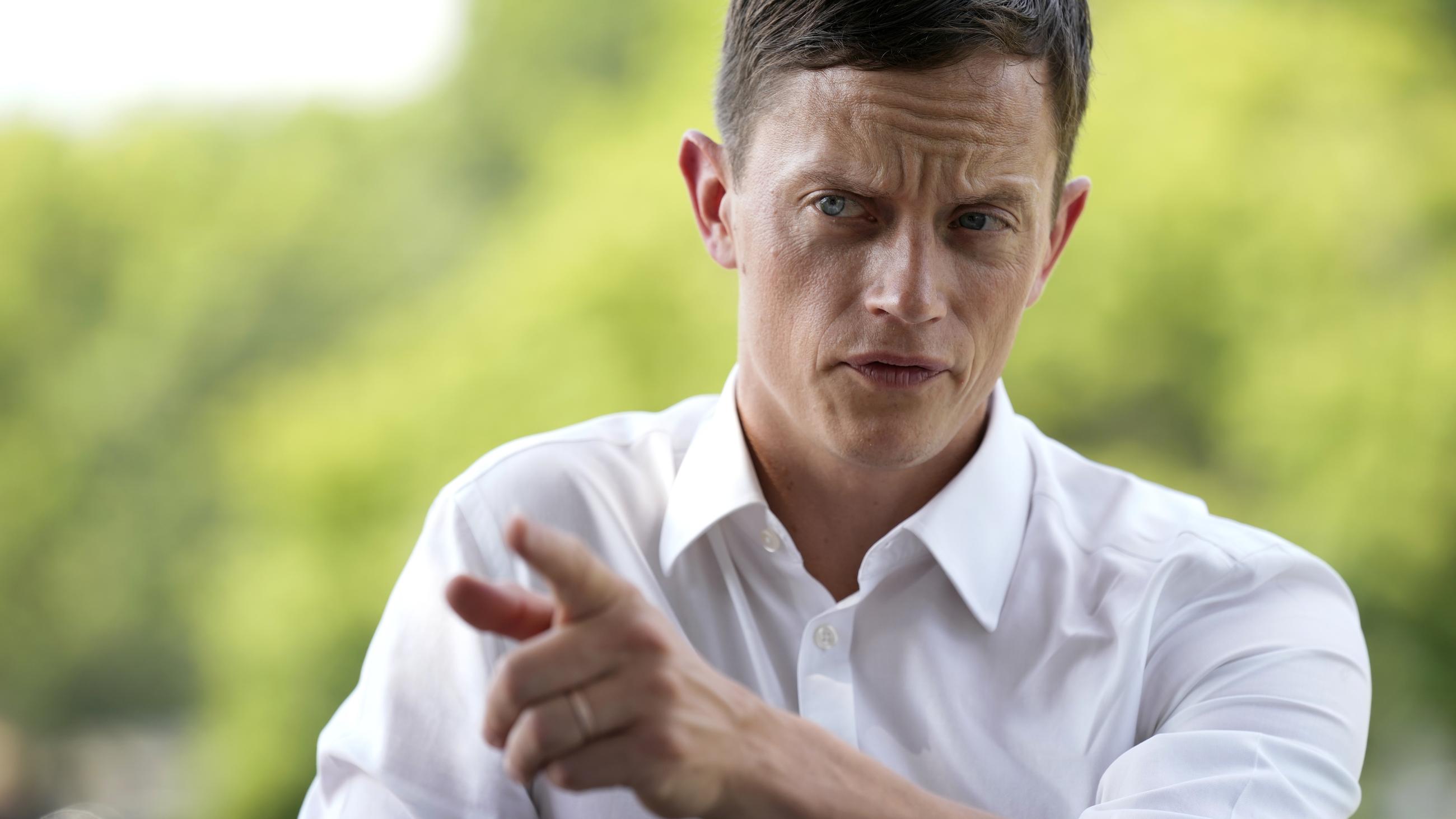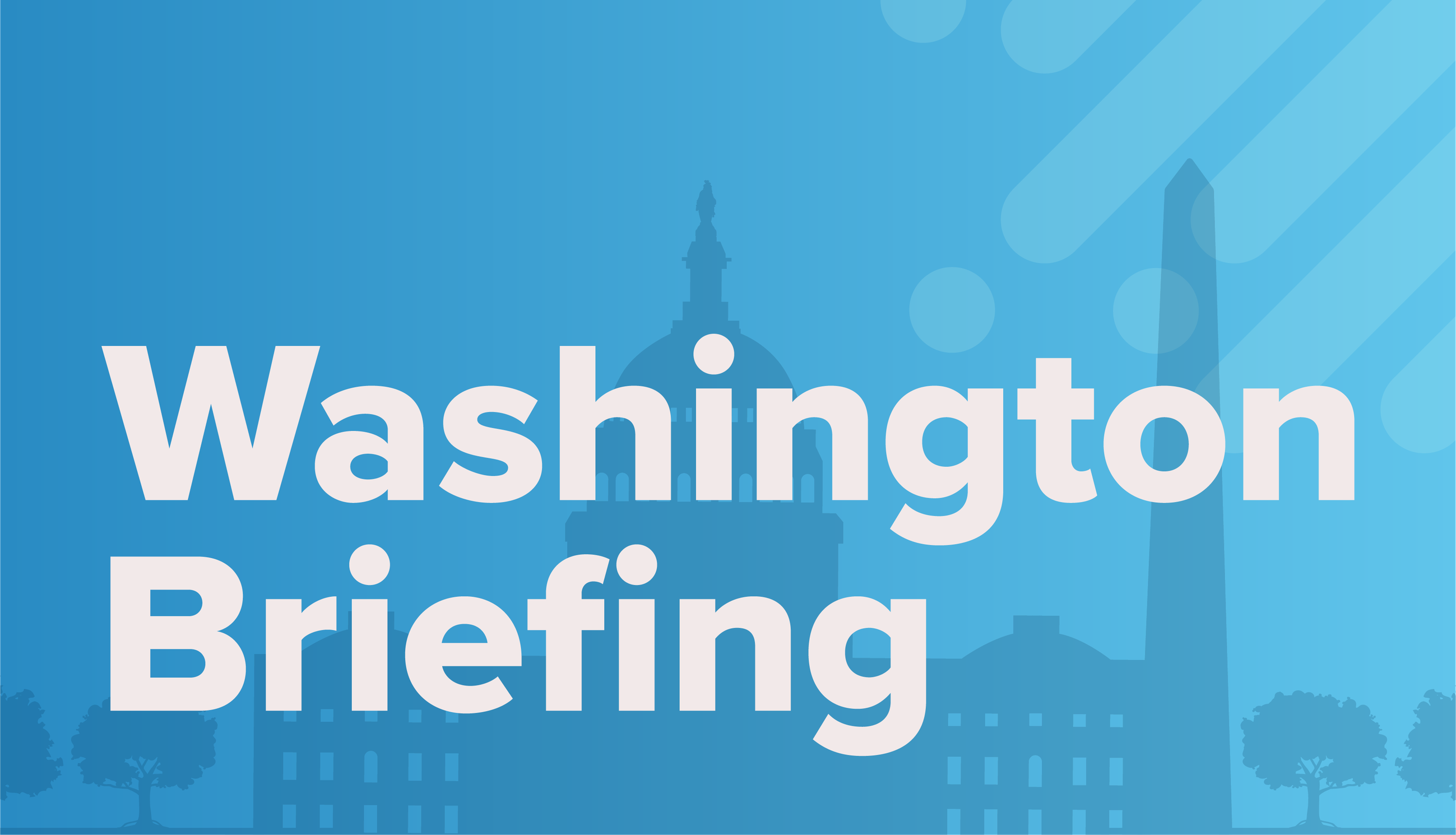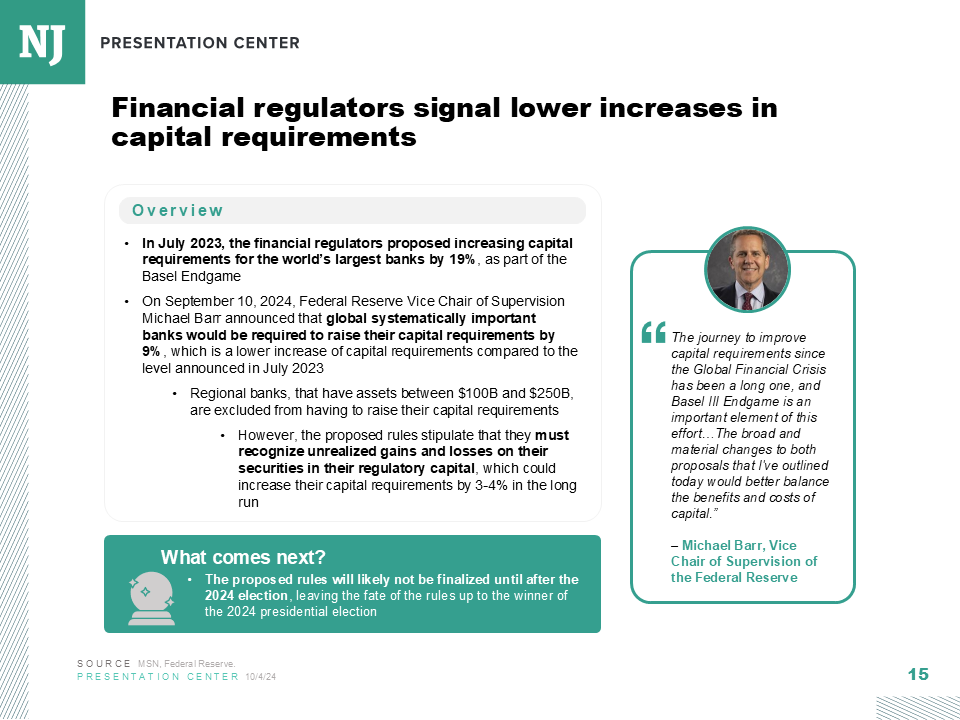Former Transportation Secretary Pete Buttigieg visited in May. Sen. Ruben Gallego plans to visit next month. Former Ambassador to Japan Rahm Emanuel plans to come for a fish fry in September.
Prospective 2028 candidates are flocking to Iowa in the footsteps of presidential hopefuls past. Iowa helped launch President Obama’s historic campaign in 2008, and Buttigieg's narrow win in 2020 made him a household name.
However, Iowa’s once prominent position as the kickoff to the Democratic nominating calendar is uncertain after the Democratic National Committee traded the Field of Dreams for the beaches and rolling hills of South Carolina during the 2024 cycle. Ahead of 2028, with a new generation of leadership taking over the party, the calendar is still in flux. None of the presidential hopefuls so far has commented on whether the state that enjoyed its status as first in the nation since the 1970s should recover its post.
“I do expect to have tough and direct conversations with the DNC regarding our Iowa caucuses and the serious concerns surrounding the Biden 2024 calendar,” Iowa Democratic Party Chair Rita Hart said in a statement. “National Democrats let Trump get a head start in the 2024 campaign by excluding Iowa. We simply can’t afford to be ignored again.”
The DNC’s Rules and Bylaws Committee voted in December 2022 to reorder the primary calendar, putting South Carolina first and kicking Iowa out of the early-state group altogether. Iowa Democrats held a caucus on Jan. 15, 2024, solely for administrative party business, and held a mail-in caucus in February, announcing the results of the presidential selection on March 5.
Just because Democrats backed out of Iowa doesn’t mean everyone else has.
Republicans have kept Iowa enthroned as first in the nation for their primary process. State Democrats who spoke to National Journal argue Republicans’ continued early presence allows them to continue to dominate the state as Democrats focus on other parts of the country.
Republican voter registration surpassed that of Democrats for the first time in years in 2020, and Republicans have enjoyed a comfortable lead in registration since. Iowa Democratic strategist Jeff Link said Democratic registration flourished when people were excited about candidates traveling through the state.
“The Republicans are going to put Iowa first again, and the entire world’s attention is going to be on the Republican caucuses in Iowa in 2028, and we need to have that same attention here,” said Iowa state House Minority Leader Brian Meyer.
Meyer grabbed headlines for saying Iowa should come first in an interview on Iowa Press late last month. He did not mean to launch a news cycle, he said.
“It just kind of blew up,” he told National Journal.
The caucuses are time-consuming and require participants to physically attend, making it difficult for people who work odd hours or are less mobile.
“You have to figure out a way for people who work or people who are not mobile or who, for whatever reason, can’t get to a caucus at 7 o’clock on a Monday night, how they get to participate,” said Pete Giangreco, a Democratic strategist who has worked on nine campaigns in Iowa. “And I think until you pick that lock, there’s never going to be Iowa as a first-in-the-nation caucus.”
Not all parts of the state suffer from the same problem. Some more-populous counties have too many Democrats trying to caucus.
“In the biggest and best Democratic precincts, the attendance has grown beyond the point where there are public buildings able to hold the crowd,” said John Deeth, a Democratic activist in Johnson County, Iowa, who has been involved in the caucuses since 2004.
Supporters of Iowa’s return to first say it centers rural voters. The math of the caucus means candidates who perform well among the rural counties stand to gain more delegates. Iowa’s demotion takes away an opportunity for candidates to connect with this voting bloc, Link said.
The state is nearly 90 percent white, a statistic that may work against it as the Democratic Party increasingly focuses on voters of color. But some, like Link, argue Democrats should still pay attention to the older white voters in Iowa who have suffered from losses in manufacturing.
“The whole idea of saying Iowa is too white and too old is basically saying we’re going to concede a huge portion of the electorate and we’re just not going to try,” Link said.
Nationally, discussions about the primary calendar are still a long way off. The DNC will meet on Aug. 25-27, at which point it will finalize the members of the Rules and Bylaws Committee, which decides the primary nominating calendar. DNC Chair Ken Martin removed Iowa Democrat Scott Brennan from the committee last month and allotted each of the other first-in-the-nation contenders—New Hampshire, Nevada, and South Carolina—an additional member on the committee, bumping them each up to two.
“No matter what happens, Iowa Republicans will continue to be first, which will bring national media attention and resources, which really hurt Iowa Democrats in 2024,” Brennan said. “Democrats can’t let Republicans get a head start by excluding our state.”





